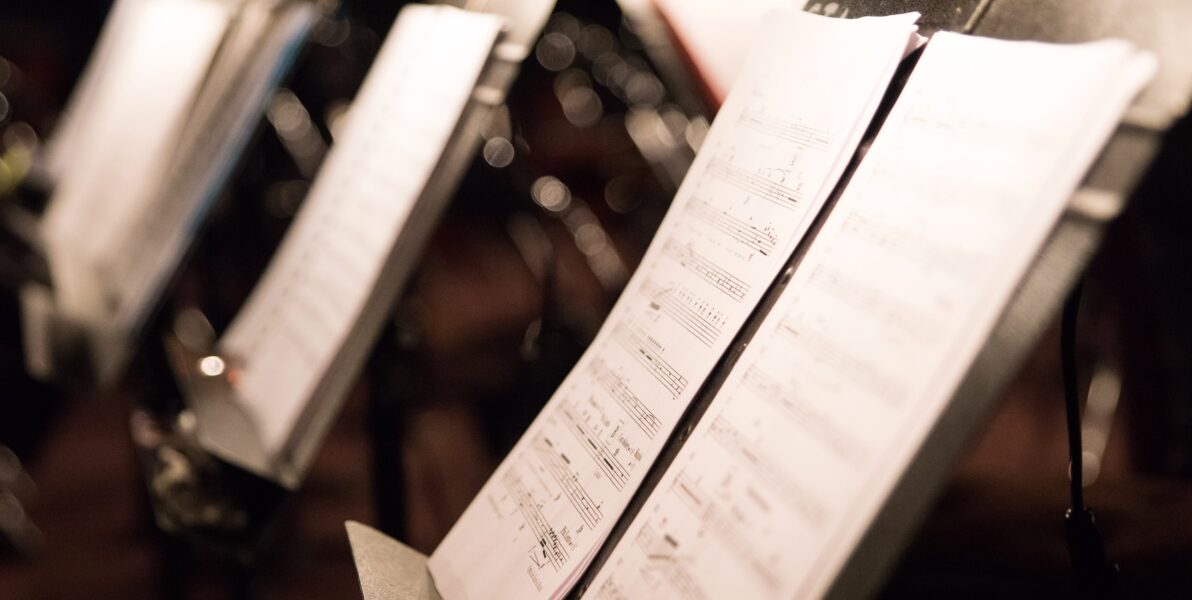Menu

Recently described in Opera Magazine as ‘Britain’s best baritone’, Roderick Williams encompasses a wide repertoire, from baroque to contemporary music, in the opera house, on the concert platform and in recital. A chance to hear a fine voice singing a programme he enjoys.
A full evening of German song may not be every music lover's delight, but such was the programme for Skipton Music’s January concert last Tuesday. Congratulations to the committee for bringing to the Town Hall a fine musical partnership.
Roderick Williams is an accomplished baritone, successful in operatic roles, on the concert platform and often heard on Radio 3. His gifted pianist, Andrew West, coaches students at the Guildhall School and teaches piano accompaniment at the Royal Academy.
Their memorable, if somewhat unusual recital, with a preponderance of far from cheerful songs, began with Erich Korngold’s four 'Songs of Farewell' Op.14. First heard in 1921, they predate his success in film music, for which he is probably better known. It was a telling and beautiful performance. Pauses, measured silences and near diaphanous pianissimos all contributed to a remarkable interpretation of melancholy - death, longing and parting, including, interestingly, a German version of Christina Rossetti's poem 'Requiem'.
Alexander Goehr was born in Berlin in 1932. The family moved shortly afterwards to England. Goehr studied in Manchester, later 'emerging as a central figure' in the city's school of British composers. After teaching at Leeds, he became Professor of Music at Cambridge, retiring in 1999. His 'Law of the Quadrille' (1979) comprises demanding vocal settings of texts from Franz Kafka's notebooks. Again melancholic, powerful and certainly enigmatic, the partnership of voice and piano produced music of inspired artistry.
After the interval we entered more usual lieder surroundings – Schumann's Twelve Poems by Justinus Kerner, (Op.36), dedicated to the poet himself. Melodic vocal lines and accompaniment came as a relief to some, although traditional romantic themes - wandering, weeping and farewells - remained dominant in another finely controlled musical dialogue, rewarded with enthusiastic applause.
Douglas Riddiough